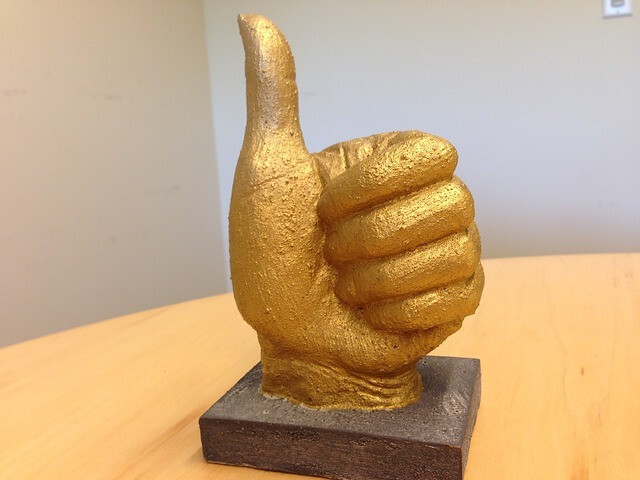TED Blog | "Paradox of Choice" author Barry Schwartz on TEDTalks
This talk by Barry Schwartz for TED raises a really interesting issue regarding the idea of consumer choice - typically we think of greater choice as being a progressive feature of developed economies allowing for greater consumer freedom. However this talk raises the point that such great choice can in fact leave consumers feeling overwhelmed and confused and will even turn them off from a sale completely.
Schwartz gives the example of a supermarket offering no less than 175 types of salad dressing and 285 varieties of biscuit. It is almost impossible for consumers to process so many decisions and there is a strong argument that businesses would benefit from limiting consumer stress by limiting the number of choices they have to make.
Would be great to hear other people's views on this - has anybody got first hand experience of this?
in most of cases it's true. great example is restaurants. there are restaurants with very long menu, they serve all kind of food, but when i want to eat pizza - i will go for sure to italian, sushi - japanese and so on. Because as a consumer i believe, that specialization is a key for quality.
It's an interesting debate albeit quite an old blog post now, but still relevant. Interesting point he makes that subscribers to pension schemes went down when there was a lot of choice as people got confused. From a business point of view, in the online directory world, I looked to the market leaders when I was designing the functionality of My Local Services, and the thing that struck me, particularly with yell.com at the time (2005) was how ridiculously complex their rate card and listing options were. So we decided to keep things as simple and basic as we could, and we still do today. Going back to the supermarket example, at home me and the missus tried online shopping with our local supermarket, but we found we just ordered the exact same things each week (admittingly the supermarket conveniently shows a list of previous things you have bought, and you simply tick the same ones). Now I prefer actually going to the supermarket, and trying to vary our shopping. So maybe under the covers we are all sheep?
This strategy of limiting consumer choice was recently brought to the fore when Dominos pizza announced their campaign to stop customers requesting changes to the toppings. It will be interesting to see the impact that this has. Whilst 'the customer is always right', the expert knowledge of the vendor is equally key. In preventing clients from changing recipes, Dominos are reasserting their status as Pizza experts, that they know more than the client when it comes to pizza and perhaps places more confidence and faith in their chefs. enterprisepe
“This strategy of limiting consumer choice was recently brought to the fore when Dominos pizza announced their campaign to stop customers requesting changes to the toppings. It will be interesting to see the impact that this has. Whilst 'the customer is always right', the expert knowledge of the vendor is equally key. In preventing clients from changing recipes, Dominos are reasserting their status as Pizza experts, that they know more than the client when it comes to pizza and perhaps places more confidence and faith in their chefs.” is there any information about their sales volume changes ?
The strategy was only recently announced in an ad campaign that came out on April 5th - it will be interesting to see how effective this campaign will be. enterprisepe
Just to clarify the Domino's campaign only applies to their 'artisan' pizza range enterprisepe
In regards to the original question, yes, consumer choice can make it more difficult for consumers. The Internet is super competitive for retailers like traditional channels. But like traditional channels, the usually always rise to the top. Thanks, Lion
I partially agree with the article. I know for a fact that in many instances specifically in supermarkets I have decided to make no decision rather than spend time choosing 1 box of cereal amongst 50 choices. It sounds irrational but the possibility of making a decision that you later decide was wrong is a horrible feeling. Its a subtle balance deciding how many options to stock !! Topfalade |
Recent Posts Improving Website Visibility and Performance for E-commerce 1 comments How BusinAssist Supports Entrepreneurs with Company Formation & Virtual Office Solutions in the UK, USA & Canada How resource smoothing worked for my business Accounts for International Payments and FX? Investigating the Integration of Salary Sacrifice in Fleet Administration 3 comments A New Year begins - what's your resolution? 5 comments  Businesses that aren't yours but you would recommend 15 comments profits and new van 2 comments Composite front door 4 comments Vat / Vat Exempt 1 comments Artificial Grass Las Vegas aliexpress.com 2 comments Employee management? 8 comments  Box Ticking /Greenwash 1 comments  Business vanity awards - scam or good marketing? 1 comments |
